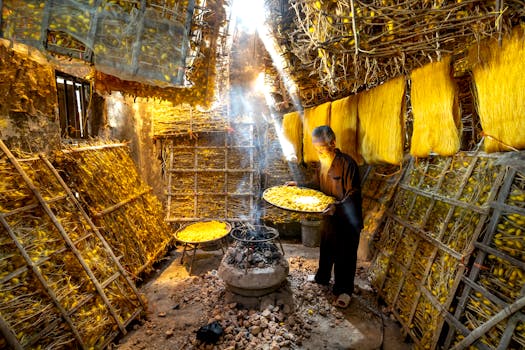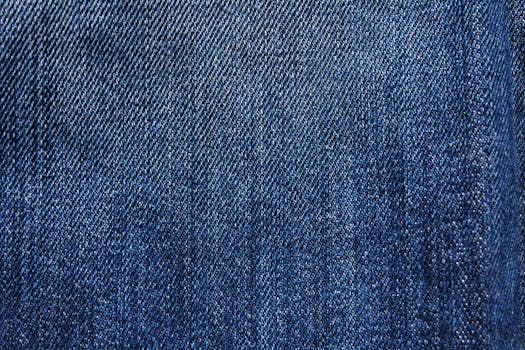Grassroots Growth: The Impact of Local Fiber Producers on Africa’s Economy – Empowering Communities through Fiber Production

Grassroots Growth: The Impact of Local Fiber Producers on Africa’s Economy – Empowering Communities through Fiber Production
Grassroots Growth: The Impact of Local Fiber Producers on Africa’s Economy is a crucial aspect of Africa’s economic development, and it starts with the production of fiber. Local fiber producers are playing a significant role in shaping the continent’s economy, and their impact is being felt across various sectors. From creating employment opportunities to contributing to the national GDP, the effects of local fiber production are multifaceted and far-reaching.
The fiber production industry in Africa is a rapidly growing sector, with many countries investing heavily in the development of their textile and apparel industries. This growth is driven by the increasing demand for African-made products, both locally and internationally. As a result, local fiber producers are experiencing a surge in demand for their products, which is, in turn, driving economic growth and development.
The Role of Local Fiber Producers in Africa’s Economy

Local fiber producers are the backbone of Africa’s fiber production industry. They are responsible for cultivating and harvesting the raw materials used in the production of fiber, such as cotton, wool, and flax. These producers are often small-scale farmers who rely on fiber production as a source of income. By supporting local fiber producers, the African economy is able to reap numerous benefits, including job creation, improved livelihoods, and increased economic activity.
Moreover, local fiber producers are helping to drive the growth of the African textile industry. The production of high-quality fiber is essential for the manufacture of textiles, and local producers are playing a critical role in meeting this demand. By investing in the development of their textile industries, African countries are able to create new opportunities for economic growth and development.
The Impact of Local Fiber Producers on Rural Communities

The impact of local fiber producers on rural communities cannot be overstated. In many African countries, rural communities are heavily reliant on agriculture as a source of income. Fiber production provides these communities with a valuable source of income, enabling them to improve their livelihoods and contribute to the local economy. Furthermore, the growth of the fiber production industry is helping to reduce poverty and inequality in rural areas, as more people are able to access employment opportunities and improve their standard of living.
In addition to the economic benefits, local fiber producers are also helping to promote sustainable agriculture practices in rural communities. By adopting environmentally friendly farming methods, these producers are able to reduce their environmental impact while also improving the quality of their products. This approach is not only beneficial for the environment but also helps to ensure the long-term sustainability of the fiber production industry.
Challenges Facing Local Fiber Producers in Africa

Despite the many benefits of local fiber production, there are several challenges facing the industry in Africa. One of the main challenges is the lack of access to finance and credit facilities for small-scale farmers. Many local fiber producers struggle to access the funds they need to invest in their businesses, which can limit their ability to grow and develop.
Another challenge facing local fiber producers is the competition from cheap imports. The African market is often flooded with cheap textile products from countries such as China, which can make it difficult for local producers to compete. Additionally, the lack of infrastructure and technology in many African countries can make it difficult for local fiber producers to produce high-quality products that meet international standards.
Conclusion

In conclusion, the impact of local fiber producers on Africa’s economy is a significant one. By supporting local fiber producers, African countries can create new opportunities for economic growth and development, while also promoting sustainable agriculture practices and reducing poverty and inequality. However, the industry faces several challenges, including the lack of access to finance and credit facilities, competition from cheap imports, and the need for improved infrastructure and technology.
By addressing these challenges, African countries can help to unlock the full potential of the fiber production industry and promote grassroots growth and economic development. This will not only benefit local fiber producers but also contribute to the overall growth and development of the African economy.
See more:





